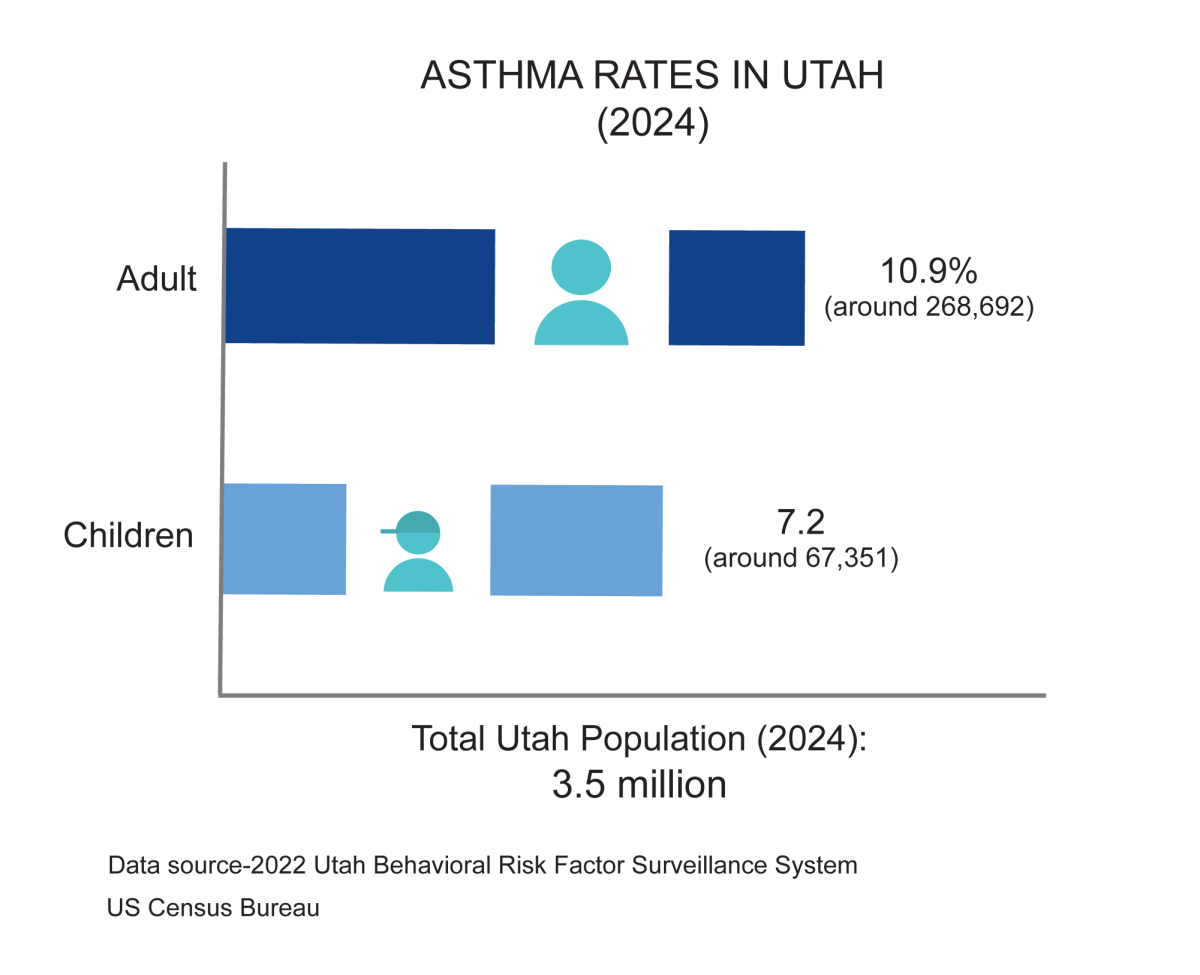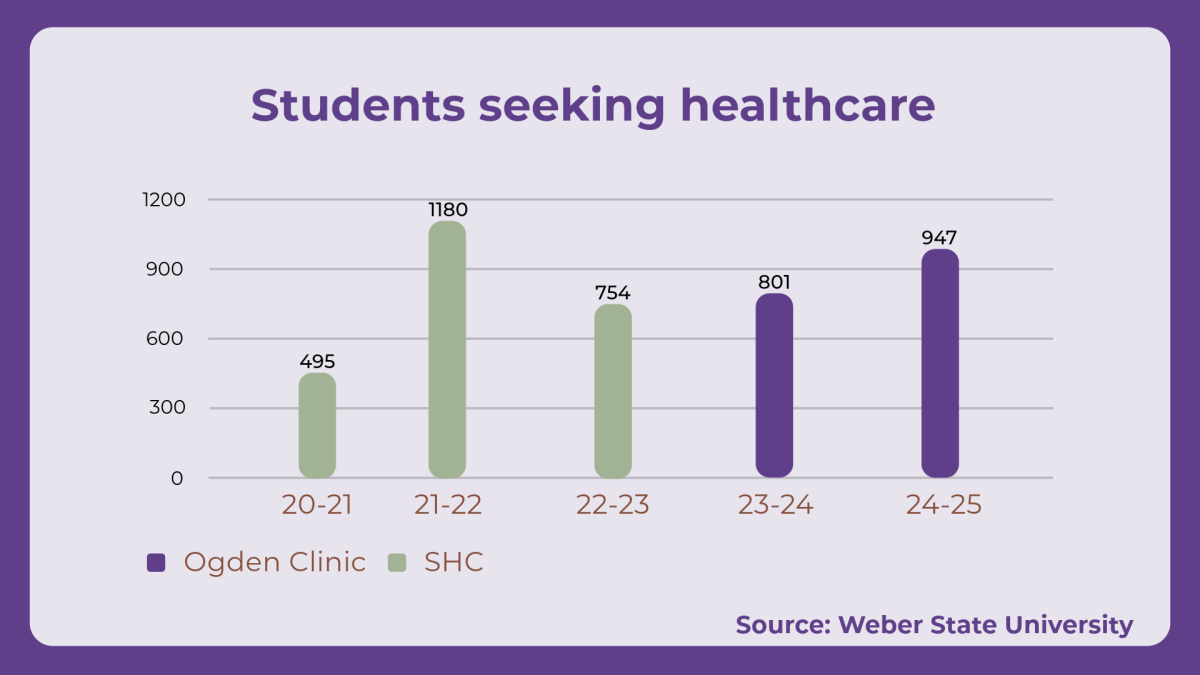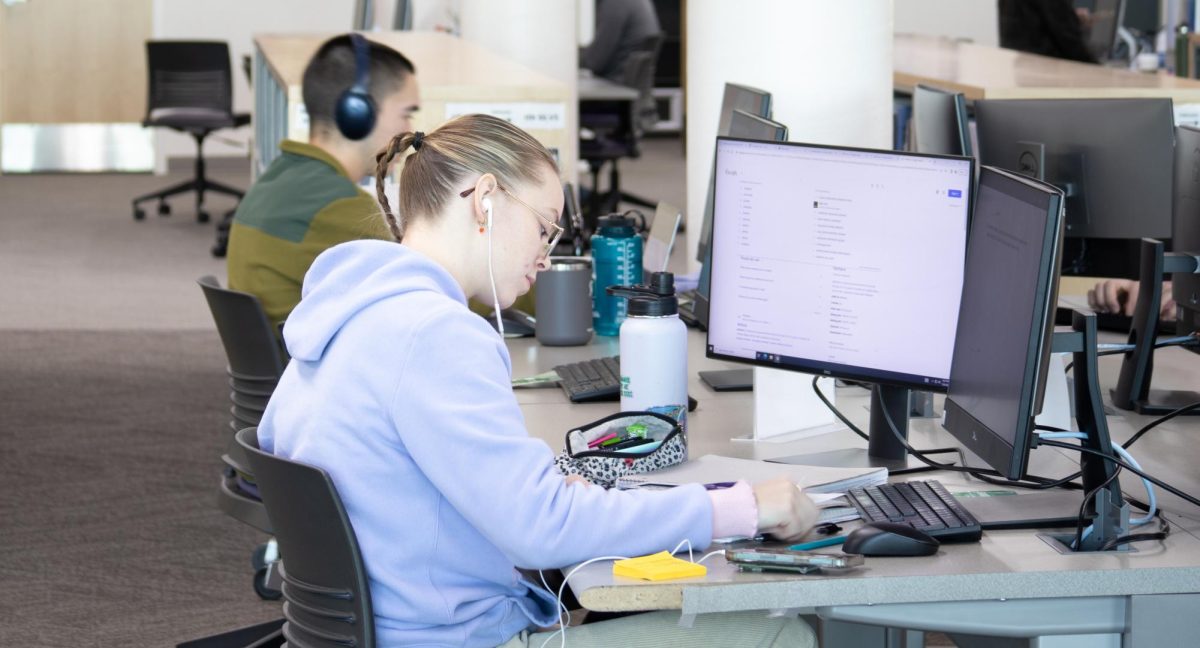For the past 18 years, I have had a basic set schedule. Wake up and get ready for school, attend classes and go home to do more work. Attending Weber State University for the past four years, I have learned numerous lessons. Among those have been critical thinking, leadership skills and, my greatest downfall, time management.

Procrastinating was something I could get away with in high school, so I unfortunately made a habit of it throughout my college experience. College is a completely different ballgame. How much time I spent on a project or a final paper was a reflection of my grade, and more often than not, my professors would notice.
A couple of years ago, I was a psychology major before switching to multimedia journalism. Thinking I could get away with procrastinating, I gave myself one night to finish a poster project and a research paper for my child psychology class.
Needless to say, it did not work out in my favor. I rehearsed my main points in my head as best as I could, but when my professor asked more difficult questions, my brain was left empty.
I gave myself approximately five hours to work on both the poster and the research paper, and my professor pointed out the flaws in my research. With invalid and unreliable sources, my project ended up being a failure.
Learning from that experience, I told myself I would never wait until the day before to do a semester’s worth of work in five hours.
With much to learn still, my procrastination problem has gotten better over the past year. If I have something to turn in, I no longer wait until the day of to do it, and I do my best to balance school, work and The Signpost.
With that being said, I don’t only allow myself to be available to school and work. That will cause burnout, and I have 100% been there.
With strictly online classes, after attending my classes from Zoom, I’ll sometimes take a nap for a couple hours, play some video games or spend time with my sister to refresh my brain from the never-ending blank stare at the screen.
According to the organization and website Lifehack writer Jill Harness taking a 40-minute nap improves alertness by an average of 34%. For those who refuse to take breaks throughout the day, studies show that taking regular breaks of just two minutes increased productivity over 11%.
Taking those two minutes to stand and stretch, rest your eyes and check on social media is beneficial and has helped me. I have been disciplined to stay at my desk whilst taking two-minute breaks, despite the fact that my bed is three feet away from me.
Understanding how I learn has been a journey throughout my college career, and even though I still have more to learn as I move beyond college, I have a basic understanding of how I need to keep my procrastinating in check.
Struggling with attention deficit disorder, I still have yet to find what works best for me. All I can do is give myself enough time to complete my work, ask my professors clarifying questions and know that, at the end of the day, I am doing my best work.
Some tasks I do to help me stay on top of assignments and appointments, among other things, is to make a schedule. I find that writing a basic rundown of my week helps me to stay better organized because I tend to remember my schedule better.
Something else I do is double check plans that I’ve made with friends. Hanging out with friends is important to me and my overall well-being, but if plans fall through, I know I should be doing something productive in the meantime, like cleaning, working on homework or working on a hobby.
Staying productive while taking frequent breaks refreshes my brain. Listening to my body has helped me realize when I need to take breaks, when I need a nap and when I can push through finishing my work.
Attending WSU has taught me so much about myself and how much of a workload I can handle, so I am grateful for all of the experiences I have had at Weber, despite the countless hours I have spent stressing over test scores, my GPA and balancing school, work and my social life.



















